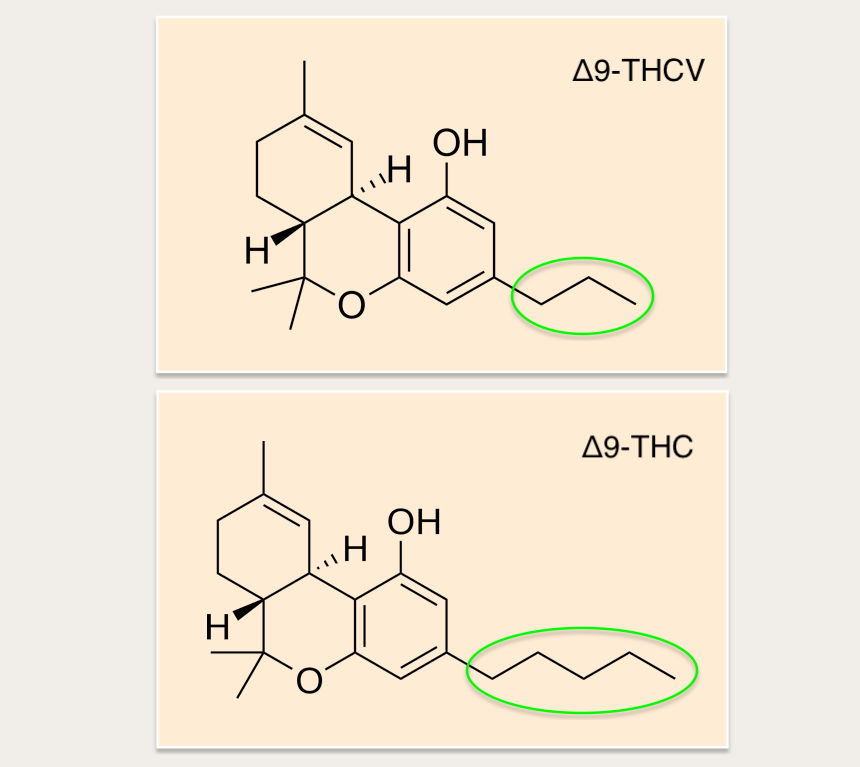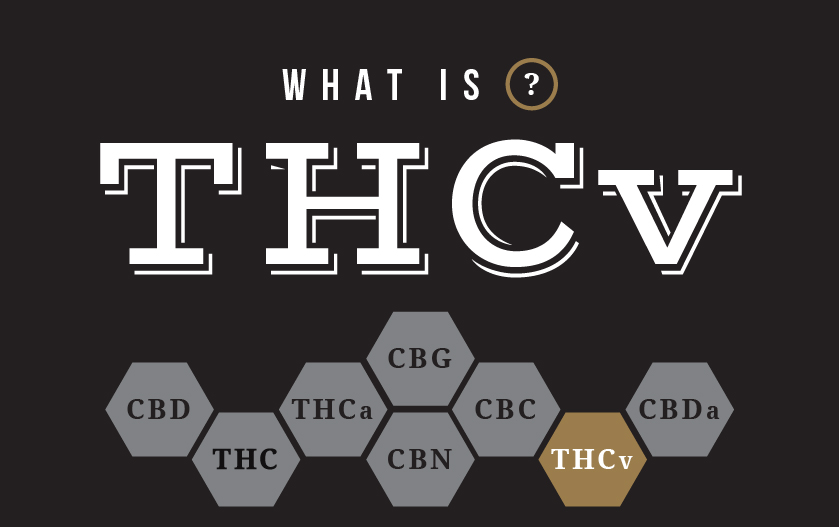Tetrahydrocannabivarin (THCV) is a cannabinoid compound discovered in cannabis and hemp plants. It's chemically comparable to tetrahydrocannabinol (THC) but with some crucial differences. Here's whatever you need to understand about THCV consisting of the risks, advantages, differences, and resemblances with other types of THC and more. What Is THCV? THCV is a less common cannabinoid discovered in some stress of cannabis, particularly African sativa.
 What is THCV? Understanding “Diet Weed” - Elevate Holistics
What is THCV? Understanding “Diet Weed” - Elevate Holistics
 THCV - Cresco Labs
THCV - Cresco Labs
 What Is THCV (Tetrahydrocannabivarin) And What Does It Do?
What Is THCV (Tetrahydrocannabivarin) And What Does It Do?
THCV has a 3-carbon side chain instead of THC's 5-carbon side chain. This distinction is subtle, however it has a noticeable effect on the result profile. THCV is rather psychoactive but just about and about. What Does THCV Feel Like? THCV has a strong energy-boosting component to it, that makes it particularly popular amongst students and professional athletes.
In the United States, THCV regulation is nuanced. THCV is not a Schedule I Drug, however cannabis extracts are making it somewhat unclear what the federal position is on THCV. The 2018 Farm Expense specifies that hemp plants and all derivatives of the plants are legal on a federal level, numerous business abide by this law and still offer THCV to customers by just drawing out the substance from hemp plants.
If THCV is thought about a THC analog, it might be controlled in the future by the exact same guidelines as THC under the Federal Analog Act. This act mentions that any substance that shares a similar molecular profile as a known restricted compound it's included in the exact same drug Schedule classification.
What Are the Results of THCV? Advocates of THCV report that it produces an extreme burst of energy and makes them feel euphoric without the Discover more psychological cloudiness triggered by THC. The effects are incredibly mild compared to THC. The effects are how strong is thcv nearly specifically cognitive yet somehow have really little impact on headspace.
2. THCV & Hunger Some THCV users claim that it curbs their hunger. This is a typical impact of other focus-enhancing compounds. It's as though THCV removes the interruption of other bodily procedures (like cravings) in order to protect resources and attention to cognitive tasks instead. How Does THCV Work? Cannabinoids produce biological results in the body by interacting with endocannabinoid receptors.
CB1 receptors are situated in the nerve system and engage with neurotransmitters in the brain to produce mind-altering results. Interaction with CB1 websites is what provides some cannabinoids like THC their psychoactivity. THCV is a bit challenging to comprehend because it's mostly a CB1 villain, meaning it has the opposite impact as THC.
While researchers are still seeking to understand this process, it appears THCV has the ability to block the results of CB1 in low dosages and promote them in high dosages. CB2 receptors are discovered mostly in the immune system. THCV is a partial agonist of CB2, but the effects of this partial activity aren't widely known, and it apparently has no discernible influence on THCV users' experience.
As pointed out in the previous area, THCV is a CB1 villain in low dosages which is the exact opposite effect of delta 8 and delta 9 THC. This could mean that Check out this site THCV neutralizes some of the psychedelic effects of THC. This effect could describe why people who use THCV feel so clear-headed specifically compared to the infamous "fogginess" caused by delta 9 THC.